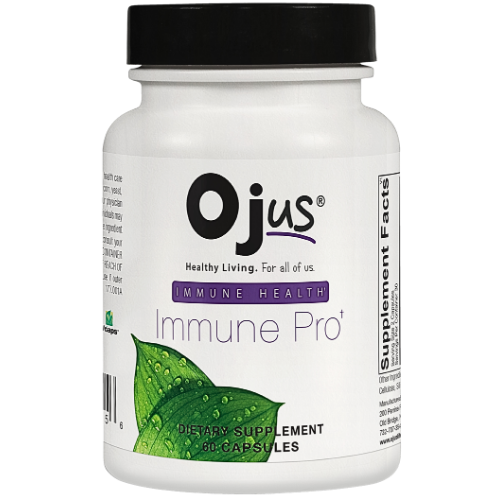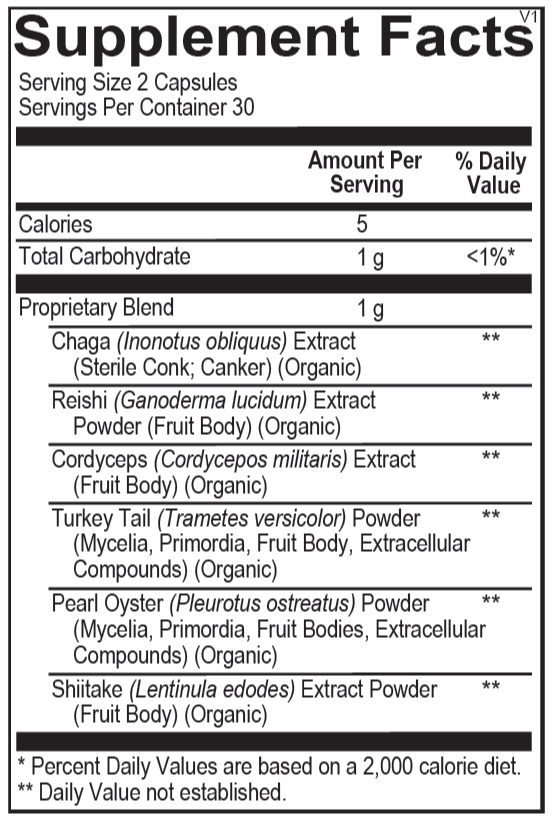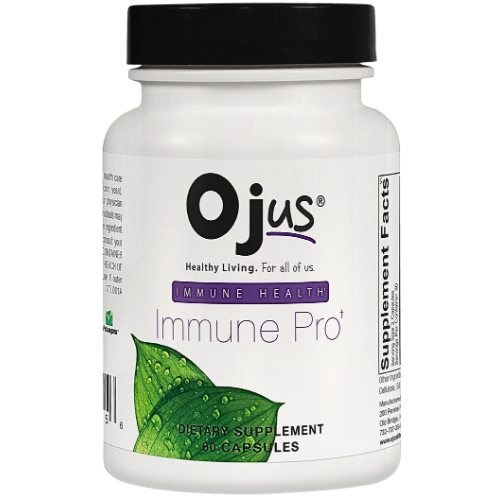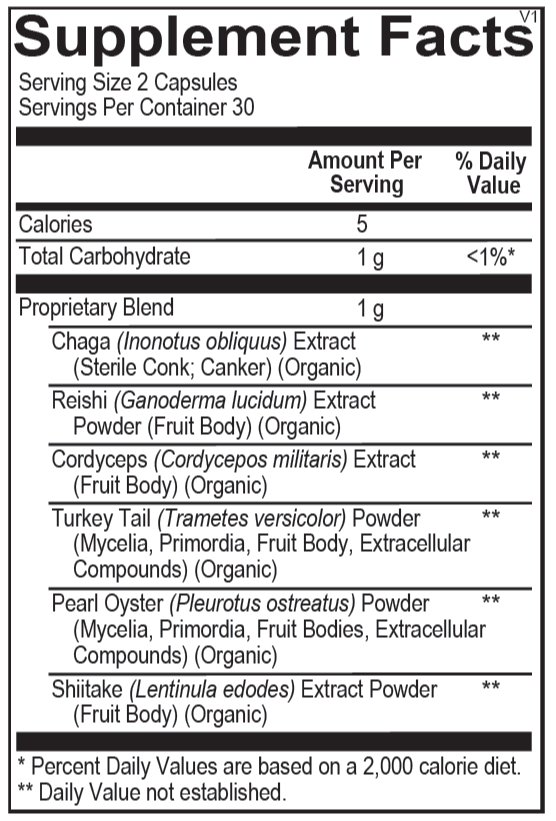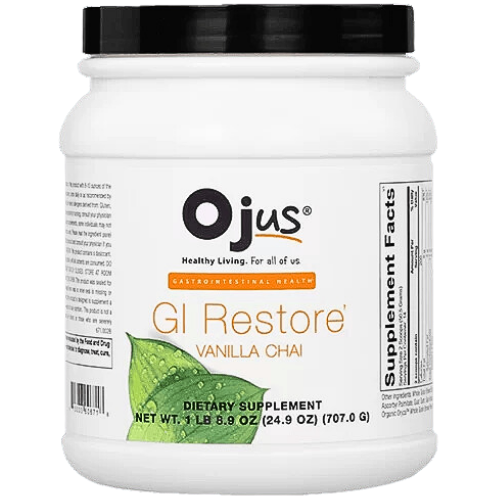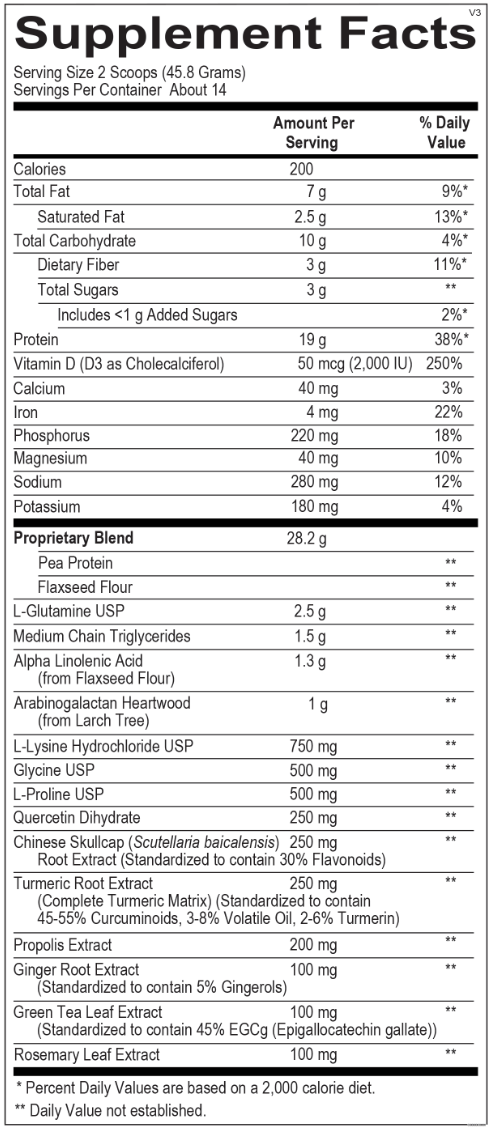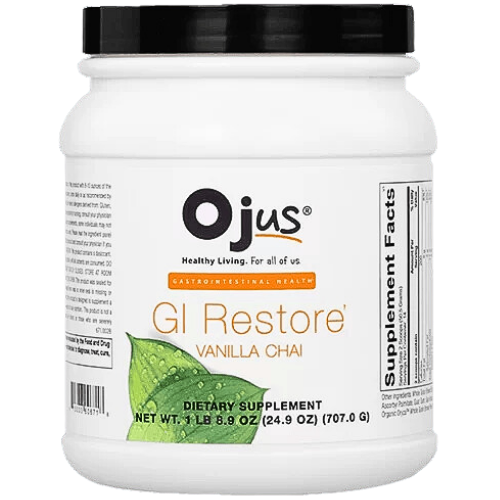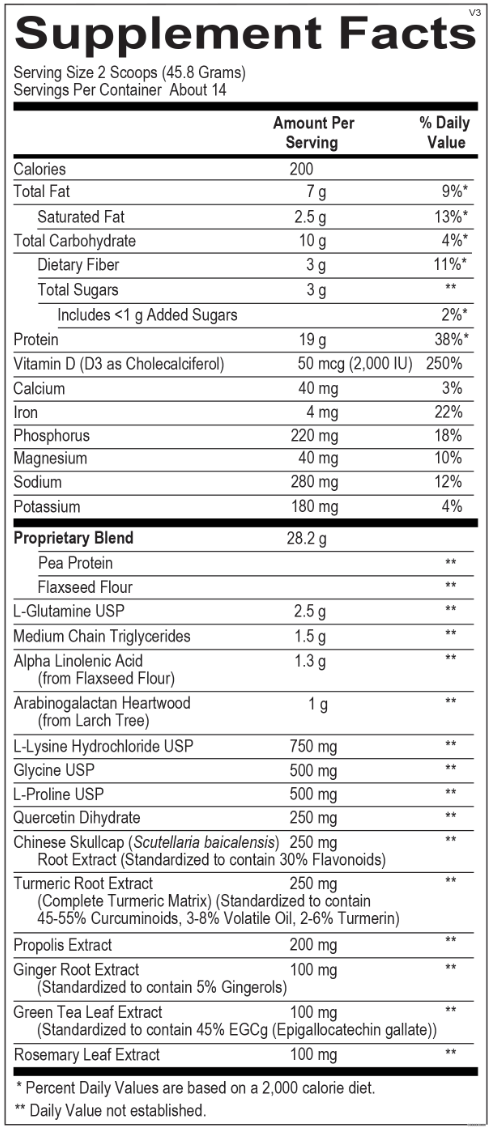
Aloe Vera: An Elixir For Constipation & IBS
Dr Anita NischalTable of Contents
| Having a long history of aloe vera, we are well-versed with the traditional use of it in traditional medicine for treating constipation, colic, worm infestation, skin diseases, and infections. Apart from aloe vera for constipation, Mexican Americans use aloe latex for type 2 diabetes and are recommended in the treatment of fungal diseases as well. |
Aloe vera is a luscious plant that, when juiced, has been acknowledged to help with detoxification, as well as aiding to control the body’s intestinal tract.
The surveys of western populations have revealed that IBS affects 15–20% of people with a higher prevalence in women. You can take aloe vera latex at any time of the day, but it is suggested to take aloe vera juice in the morning and in the recommended quantity.
Aloe vera juice is effective in treating digestive problems. Consumed habitually, aloe vera can gradually help the body sweep clean internally, placing unwanted debris within the digestive tract. Besides, aloe vera has a laxative with valuable water content and contains enzymes that support the food breakdown process that is helpful in handling IBS.
What Makes Aloe Beneficial For Constipation & IBS?
IBS is a chronic disorder in the digestive system, majorly in the large intestine, that can result in abdominal bloating and pain, diarrhea, cramping, gas, and constipation. Aloe vera latex can be used to ease down the symptoms of IBS.
Aloe vera for IBS is not only beneficial for IBS but also eases down the related symptoms of pain, diarrhea, and cramping in poor gut health. Additionally, aloe latex works to soothe the digestive tract and increase healthy gut flora which can support overcoming IBS in the long run.
The component that makes aloe vera for constipation the best choice is the Aloe Mucilaginous Polysaccharide (AMP) molecule. This molecule marks all of our AMP Floracel products stouter, healthier and consistent sources of the following things:
- Viral immunity
- Increased blood circulation
- Balanced blood sugar
- Non-oxidized cells
- Restored immune system
- Inflammation protection
- Recovered cells
- Balanced immune system
Other Key Benefits of Aloe
Aloe vera latex is one of the most nutritionally-rich foods. It comprises around 75 active ingredients and is found in various vitamins, sugars, enzymes, minerals, fatty acids, hormones, saponins, and amino acids.
Its imposing nutritional profile makes it a latent, corresponding treatment option for IBS or irritable bowel syndrome. The calming gel of aloe leaf is rich in phenolic amalgams called anthraquinones, which are disposed to have a laxative effect in the stomach. Aloe contains approximately 12 anthraquinones and alonin and emodin components are used as painkillers, antibacterials, and antivirals.
Further, aloe vera for constipation has found widespread use in the cosmetic, pharmaceutical, and food industries. The case of the therapeutic is believed to be used in the topical and oral application of Aloe vera on an extensive range of conditions. The problems under which clinical trials of Aloe vera latex have been conducted majorly consist of skin conditions, constipation, management of burn and wound healing, and gastrointestinal disorders.
Healthy Recipes Using Aloe For Gut Health
1. Aloe Vera Smoothie
Aloe vera smoothie is a delightful way to get it into your diet and it also delivers antioxidants, vitamins, and minerals. If you don’t like the flavor of aloe you can add plenty of fruit to help balance the flavors. Here, you can check out an aloe vera smoothie:
Ingredients to make Aloe Vera Smoothie:
- 1 cup diced pineapple
- 1 cup diced mango
- 1 cup chopped kale
- 1 cup chilled coconut milk beverage
- 2 tablespoons pure aloe vera gel
- 1 teaspoon grated fresh ginger
- Chia seeds (optional)
How to make Aloe Vera Smoothie:
Put pineapple, mango, kale, coconut milk beverage, aloe, and ginger in a blender. Turn the blender on high speed until smooth and then serve sprinkled with chia seeds.
Apart from smoothies, you can have aloe vera juice as well.
2. Aloe Vera Juice
Aloe vera juice may contain gel, aloe latex (the thin layer in between gel and skin), and green leaf parts. Some juices are only prepared from a gel, while others sieve the leaf and aloe latex out. You can supplement aloe vera juice to nourishments like smoothies, cocktails, and juice blends.
The juice is extensively identified as a health product with plentiful benefits. These contain blood sugar regulation, topical burn relief, enhanced digestion, constipation respite amongst others.
How to make Aloe Vera Juice:
Follow a recipe to make your own aloe vera juice.
- Purchase store-bought aloe juice and take 1–2 tbsp and add double water in it.
- Aloe vera juice has a flavor like a cucumber. Contemplate using it in recipes and drinks with suggestive flavors, like watermelon, lemon, or mint.
Also Study
- How To Improve Gut Health Naturally
- When To Take Digestive Enzymes?
- 7 Home Remedies To Detox Your Gut
Where Can I Buy Aloe Vera From?
To find aid naturally, one should choose natural supplements for constipation. One of them is Aloe vera for constipation formulated by OjusLife.
Vitamin for constipation i.e. Aloe vera for IBS contains a class of phytonutrient compounds called anthraquinone glycosides. When ingested, these complexes are activated through bacterial metabolism in the gut, benefit water retention in the stool, and excite peristalsis in the large intestine.
At OjusLife, we use the uppermost quality Aloe Mucilaginous Polysaccharide (AMP) molecule by extracting it unswervingly from fresh and unrefined leaves. The pureness of aloe vera for IBS enables our products to bring you top-of-the-line health. Incorporating aloe vera for constipation into your diet will openly affect your lifestyle, health, immune and digestive system function.
Yes, people who suffer from periodic constipation may use aloe vera latex or juice as a natural emetic. The portion of the plant comprises compounds called anthraquinones, and these have a laxative effect. Aloe vera can help you with IBS symptoms as well.
Aloe vera is supposed to be valuable for treating some of the symptoms related to IBS, such as constipation and diarrhea. The anti-inflammatory assets of Aloe vera may benefit to decrease gastrointestinal inflammation, which can lead to IBS symptoms. Aloe vera for constipation helps in breaking down the food thus assisting in gut inflammation.
Aloe vera contains aloin, an influential laxative and studies recommend that aloe vera juice comforts and increases the water content in intestines, which auxiliary helps aid stool movement by making it smoother and at ease to pass.
Yes, aloe vera leaves are ironic in composites that help ease inflammation of the digestive tract. To support soften stool, you can consume aloe vera juice by adding it to smoothies or juices or in any form. Aloe vera for IBS helps with gut health making your gut soft and paving the way for the stool to pass.
Yes, aloe vera is categorized by the U.S. Food and Drug Administration (FDA) as a class 1 harsh stimulant laxative since its properties of anthraquinones significantly upsurge colonic peristalsis. Stimulant laxatives rapidity up the bowels and can be the source of diarrhea in some people. Diarrhea can upsurge the effects of warfarin and escalate the risk of bleeding. Thus, it is suggested to take warfarin in the limited quantity of aloe latex.



